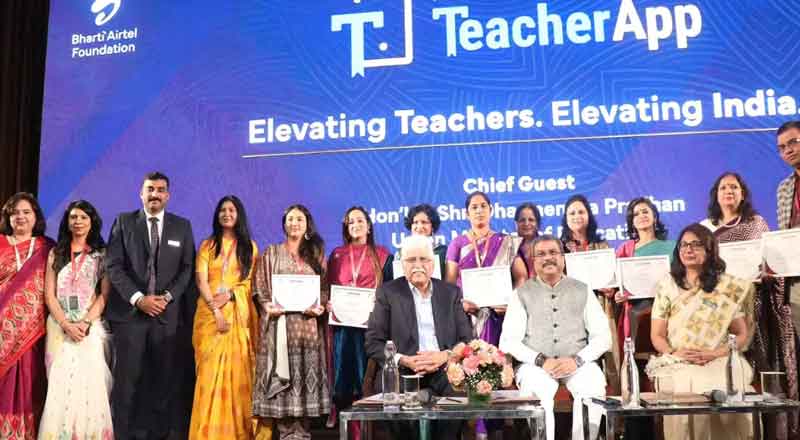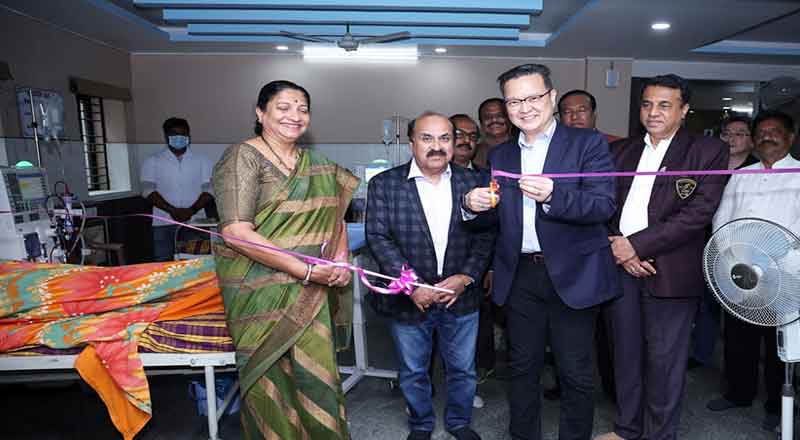Isha Foundation and Sadhguru: A Brief Overview
Isha Foundation, founded by spiritual leader Sadhguru Jaggi Vasudev, is a well-known non-profit organization focused on yoga, spirituality, and community service. Based in Coimbatore, Tamil Nadu, the foundation promotes physical and mental well-being through its programs, attracting millions of followers worldwide. Sadhguru is revered for his teachings on inner transformation, but his organization has also faced scrutiny over the years. Recently, a case involving two women residing at the Isha Yoga Centre has reignited public debate over the foundation’s practices.
Court Raises Questions About Women’s Choices
The Madras High Court recently questioned why Sadhguru, who arranged a traditional marriage for his own daughter, is reportedly encouraging other young women to renounce worldly lives, shave their heads, and live as ascetics. This concern arose after a retired professor, S Kamaraj, alleged that his two daughters, aged 42 and 39, had been “brainwashed” into abandoning their families and permanently residing at the Isha Foundation in Coimbatore.
Kamaraj’s daughters, Geeta and Lata, appeared in court and affirmed that they were living at the foundation of their own free will, not under duress or detention. However, this was not the first time they had defended their choices; they had made similar statements in past hearings over the past decade, when their parents first claimed that their daughters had “abandoned” their family.
Despite the women’s testimonies, the court expressed its intent to investigate the matter further. The bench, comprising Justices SM Subramaniam and V Sivagnanam, directed the Tamil Nadu police to compile a list of all cases involving the Isha Foundation to better understand the broader concerns surrounding the organization.
Why the High Court is Probing the Isha Foundation
Justice Sivagnanam raised a pointed question: “Why is someone who gave his own daughter in marriage encouraging the daughters of others to renounce their families and live as hermitesses?” This question underscores the court’s broader inquiry into the practices at the Isha Foundation and whether individuals, particularly women, are being influenced or coerced into abandoning traditional family structures.
The Isha Foundation responded by stating that all individuals residing at the centre, including those who have embraced monkhood or Brahmacharya, are doing so voluntarily. “We respect the freedom and wisdom of adult individuals to choose their own paths,” the foundation said in a public statement. They emphasized that the centre houses not only monks but also thousands of followers who continue to live regular, non-monastic lives.
Legal Complications and Allegations
The issue escalated when the Supreme Court intervened, offering temporary relief to Sadhguru and his foundation. The apex court stayed a Madras High Court order that had directed the Tamil Nadu police to investigate the foundation thoroughly. The Supreme Court also asked the police to file a status report on any ongoing investigations but clarified that no immediate action should be taken as per the High Court’s earlier directive.
The Supreme Court’s involvement came after hundreds of police officers reportedly entered the Isha Foundation’s premises in Coimbatore, following the High Court’s order. The foundation swiftly filed an appeal, challenging the order and asserting that the women in question were staying willingly at the centre.
During the hearing, Chief Justice of India DY Chandrachud acknowledged that one recent case involving the foundation needed continued investigation. A doctor at the Isha Yoga Centre had been charged under the Protection of Children from Sexual Offenses (POCSO) Act. Although Senior Advocate Mukul Rohatgi, representing the foundation, clarified that the alleged incidents did not occur on the foundation’s premises, the Chief Justice insisted the probe must proceed.
Women’s Testimony: Free Will or Coercion?
Amid the legal back-and-forth, the Supreme Court also decided to hear directly from the two women at the centre of the controversy. One of the women appeared before the court via video call and reiterated that she and her sister had been living at the Isha Yoga Centre voluntarily since they were 24 and 27, respectively. She accused her father of continuous harassment over the past eight years for their decision to remain at the ashram.
This testimony was a critical turning point in the case, as the court acknowledged that the women had chosen their spiritual path freely. Chief Justice Chandrachud later remarked that the women had been living as Brahmacharinis for nearly two decades, suggesting that any claims of coercion were unfounded.
The Larger Debate
The case has sparked a wider debate on the role of spiritual organizations in shaping personal decisions and life choices. Critics argue that young, educated individuals, particularly women, may be vulnerable to manipulation in such environments. Supporters of the foundation, however, maintain that the Isha Yoga Centre offers a space for individuals to pursue spiritual growth and that any renunciation of worldly life is done willingly.
As the Supreme Court prepares to hear further arguments and testimonies, the case against Isha Foundation continues to draw public attention. With deep-rooted cultural and legal implications, the outcome may set a precedent for how courts balance individual autonomy with concerns over potential exploitation in spiritual settings.
(With inputs from agencies)





